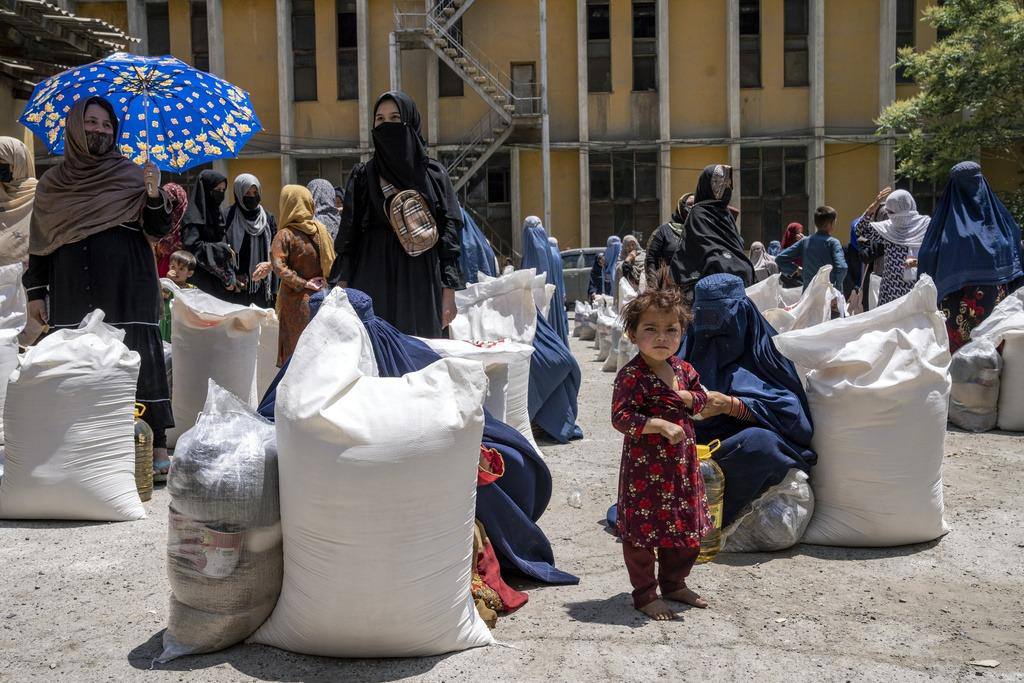Japan has announced an additional $27.5mn in humanitarian aid to Afghanistan, responding to an urgent appeal by international organizations to assist millions of vulnerable Afghans facing severe food insecurity and economic hardship.
Pleased to announce that @JapanGov 🇯🇵has decided additional 27.5 million USD assistance for Afghanistan, covering both humanitarian and basic human needs. We hope this assistance will make a difference in the lives of vulnerable Afghans in need.
— Embassy of Japan in Afghanistan (@JapaninAFG) December 17, 2024
The Japanese Embassy in Kabul disclosed the commitment on December 17, emphasizing the support would target immediate humanitarian needs and basic services.
“We hope this assistance will make a difference in the lives of vulnerable Afghans in need,” the embassy said on X, formerly Twitter.
The funds will be distributed through partnerships with United Nations agencies, international organizations, and Japanese non-governmental organizations (NGOs). This latest pledge raises Japan’s total contribution to Afghanistan since August 2021 to over $505mn, reflecting the country’s sustained commitment to supporting the Afghan population.

Japan's announcement follows an alarming warning from the World Food Programme (WFP) regarding Afghanistan's deteriorating humanitarian situation. Nearly 15mn people in Afghanistan are struggling to find their next meal, with the WFP stating it requires $718mn to sustain operations over the next six months.
A recent WFP report highlighted that 11.6mn Afghans—25% of the population—are currently in crisis. The report also projected that 14.8mn people will need food assistance between November 2024 and March 2025, with acute malnutrition threatening approximately 3.5mn children under five and 1.15mn pregnant and breastfeeding women.
The report noted a 28% increase in moderately malnourished children and a slight rise in severe cases compared to the previous year.
As Afghanistan’s harsh winter approaches, many families face dire choices, including whether to buy food or heating supplies.
“Millions of families are enduring the cold of winter without sufficient food,” the WFP warned, adding that urban households are particularly vulnerable, with one in three families unable to meet basic living expenses.
Follow Daryo's official Instagram and Twitter pages to keep current on world news.
Comments (0)